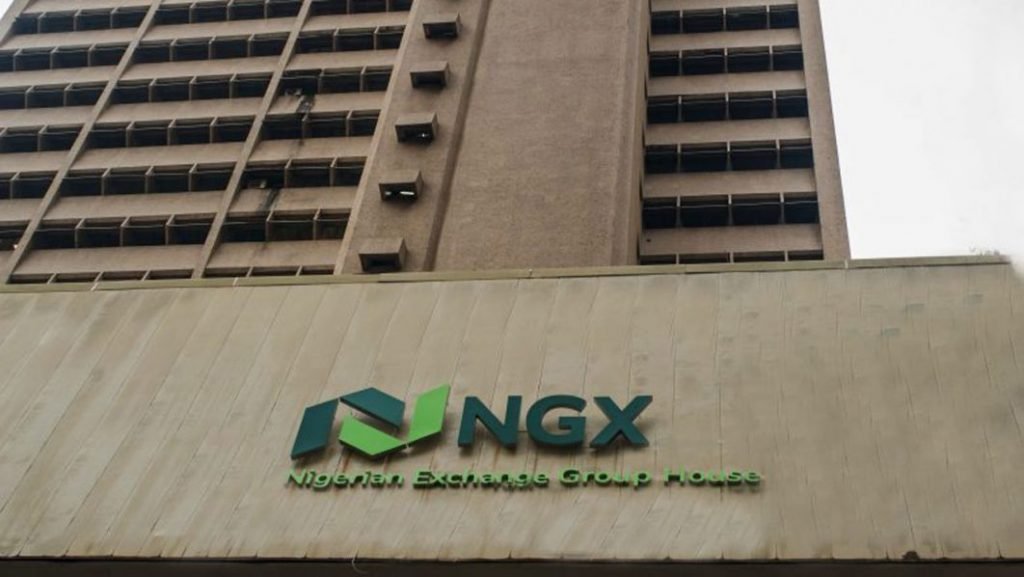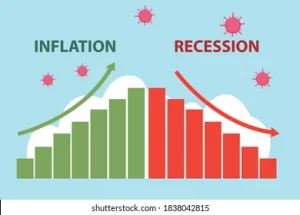
Succour may have come the way of patient investors who endured long periods of a downturn on the Nigerian Exchange Limited (NGX) as bold economic reforms of the new government have lifted stock market capitalisation by N5 trillion in the first half (H1) of the year.
This comes despite rising insecurity, inflation, other macroeconomic challenges and global uncertainty. And experts said a functional and strong national economic team is required to sustain the gain.
Since the beginning of the year, the equities market has witnessed an unprecedented rally and buying interest, especially in the financial services, consumer and industrial goods sub-sector, which has continued to trigger massive bargain hunting in large company shares. This has pushed the key performance indices and stimulated activities in the market, a development that has led to the rating of the stock market as the best-performing in Africa and third in the world.
The NGX’s all-share index (ASI), an indicator used to measure the performance of listed firms on NGX, has hit a 16-year high for the first time since 2008, to close at 60, 108.86 on Tuesday. It opened the year at 51,251.06 on January 3, implying an increase of 8,857.8 points or 15 per cent.
Similarly, market capitalisation of listed equities, which opened the year at N27,915 trillion, closed on Tuesday, June 27 at N32,729 trillion representing N5 trillion or 15 per cent appreciation.
To consolidate on the performance, an independent investor, Amaechi Egbo, stressed the need for the new government to establish strong economic blueprint that would be driven by functional economic team. He noted that this would stimulate activities in various sectors of the economy and revive the capital market
According to him, an appropriate policy framework that would align fiscal and monetary policies, especially, where there are disconnections should also be considered.
Egbo also holistic integration of informal activities into the formal sector to create more efficient banking and insurance sectors should be given priority.
He said the provision of relevant incentives for domestic and foreign investors should be addressed to attract new listings to the stock market.
Chief Executive Officer of Crane Securities Limited, Mike Ezeh, said the emergence of President Bola Tinubu further energised the market since market participants have hope in his ability to rejig the economy and implement economy-friendly policies.
“The elections came and were hitch-free. We also have unification of the multiple exchange rates, review of monetary and fiscal policies and major changes were carried out at the apex bank. The impact on deposit money banks has brought stability to the market.
“The commissioning of the first indigenous private refinery, which has a cyclical effect on both upstream and downstream operations of petroleum companies quoted in the market propelled the interplay in the market by some high net worth investors on many quoted companies resulting in high turnover in trading volumes of those companies,” he said.
He urged the new administration to continue to implement policies that would provide an enabling environment for businesses to thrive.
According to him, such would help to boost the inflow of foreign direct investment (FDI) and attract issuers to the capital market.
Vice President of Highcap Securities, David Adonri, said the monumental gain was driven majorly by sentiment arising from the smooth handover and Tinubu’s bold economic policy changes.
“His prompt change of security chiefs also boosted investors’ confidence. The removal of Godwin Emefiele as CBN governor was another icing on the cake which impressed investors. All these added to the usual end-of-quarter rally to propel the equities market.
“Since the huge gain was propelled by investor sentiment, interest in equities in H2, 2023 can only be sustained if the policy changes translate into growth in corporate fundamentals and a fall in interest rate, otherwise, we might see a market correction that may purge equities off the sentiment that inflated it in H1, 2023,” he said.
Recall that the global equities market during the fourth quarter, of 2022 was dominated by increased economic unrest, ranging from geopolitical events and the war in Ukraine, soaring inflation and increased interest rates, as well as market volatility, and fears of a recession. There was sufficient turmoil to cause investor anxiety.
For instance, the MSCI All Country World Index of global stocks rose 9.88 per cent in the fourth quarter and ended the trailing 12-month period down 17.97 per cent.
In US markets, the S&P 500 Index of large company stocks increased by 7.56 per cent for the quarter and is down 18.12 per cent over the past 12 months.
Small companies in the United States, as measured by the Russell 2000 Index, fared worse during the quarter, up only 6.23 per cent in comparison, and dropped 20.45 per cent over the trailing 12-month period.
However, the nation’s stock market has shown remarkable resilience in the face of a challenging macroeconomic environment.
A look at the sectoral performance of some stocks showed that Transnational Corporation of Nigeria PLC recorded an unprecedented rebound, with an impressive return of 173 per cent.
Conoil PLC, a major player in the petroleum sector gained 119 per cent within the period. Nigerian Aviation Handling Company PLC and Geregu Power PLC have also posted 114 per cent and 107 per cent returns respectively.
In the same vein, BUA Foods PLC, Cadbury Nigeria PLC, and PZ Cussons Nigeria PLC under the food and consumer goods sector returned 100 per cent, 50 per cent, and 49 per cent gains respectively.






